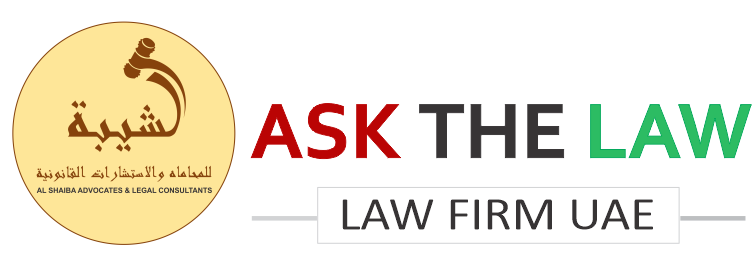
Regulatory Bodies in UAE and their Role
There are mainly four different regulatory bodies in the United Arab Emirates. They are responsible for the authorization as well as supervision of Banks, Insurers, and other financial institutions operating in the country. We are going to throw the light on it. These are as (CB) Central Bank of United Arab Emirates, (SCA) The Securities and Commodities Authority, (DFSA) The Dubai Financial Services Authority, and it is the regulator of DIFC, known as Dubai International Financial Centre and last but not the least, (FSRA) Financial Services Regulatory Authority (FSRA), which is the regulator of (ADGM) Abu-Dhabi Global Market (ADGM).
- The Central bank of UAE (CBU) has the extended power to supervise the financial institutions. They also have the extended powers and authority to put sanctions on them. They also have the authority to remain within their ability along with sanctions, fines, censure, withdrawal license, and cooperation with other foreign regulatory bodies. CBU’s domain of working is fully described by the Government as a legal instrument and body. All the court organizations ensure that the financial institutions and banks operating in the country follow the guidelines; they scrutinize them to safeguard the interests of the consumers and investors as well.
- There is a procedure for handling debtor claims. Implementation takes place as an outcome of the revision of Civil Procedure Code UAE. A creditor can seek the expertise of judgments when there is unpaid debt by the debtor. This will ease the process.
- DFSA is another organization that is responsible and authorized for policing authorized financial service operations and companies in DIFC or Dubai International Financial Center. Under the regulations of DFSA it is forbidden to have dishonest, fraudulent, and intentionally misleading attitudes toward investors or consumers. There is a DFSA Rulebook that elaborates on this point.
- There are lucrative options availed for legal action related to financial services. Under the civil code, customers can file claims against the onshore financial service provider in the UAE. The Individuals are provided relief in form of restitution, financial recompense, and injunctive.
- DIFC Courts are responsible to deal with such legal cases. The courts will check the defendant’s behavior. If it’s egregious and offensive, the court has the discretion to award multiple damages that cannot be more than 3 times the actual damages.
- There is punishment for financial crimes under the UAE legal framework. For money laundering, they will have to pay fines of AED 100,000 to AED 500,000. Along with 10 years of imprisonment or up to 10 years.
- In the case of credit card fraud, this will lead to a significant amount of fine along with a jail term depending upon the figures involved in it. The final terms are decided by public prosecutor or the judge.
- For embezzlement, there is a heavy fine imposed on the culprits. Alongside, there is a prison sentence which can be from 1 month to 3 years. The victim’s restitution is a result of embezzlement.
- Under a felony offence, there is a harsh fine imposed on the culprit. There is probation time as well. Alongside, with a permanent blot on the offender’s criminal record. It damages the reputation of the offender. For insurance fraud, there are steep fines imposed on the offenders. You can also search the Felony and Misdemeanor
- On the other hand, the government of UAE has made a proper mechanism under which a complaint can be registered with the relevant authorities. This is done because it is tough for the consumers to get a compensation or solution to their predicament. Therefore, they can formally register a complaint with the bank.
- The bank is bound to take action and his efforts for a direct resolution. They need to address the matter in an effective and timely manner. In case of failure to do so, the customer can file for legal action and this will result in the court getting involved in the matter.
- Furthermore, they can also file a complaint with the Central bank. The Consumer Protection Department of the bank will look into the matter. This is done because the bank has noticed the issue but has not been able to address it.
- The Central Bank of UAE is guided by the FATF. The goal is to promote the country as an anti-money launderer. Best practices directed by FATF are adopted by the Central Bank.
However, it is important for the individuals to directly contact the authorized body before connecting to DFSA. Moreover, it is in the best interest of the business to resolve the complaint with the consumers directly. It is a faster and more effective way to resolve the matter.
In UAE, the legislation of fintech businesses has been managed by DFSA. The authorities collaborate with the fintech businesses to assist them. Moreover, it is one of the first financial regulators in the entire world. They issue particular guidelines for fintech companies operating in the UAE.
Additionally, the DFSA has also introduced a new whistleblow. It is done to strengthen the whistleblowing culture in DFSA-regulated companies. This will encourage them to report and also foster a culture of ethical culture and accountability. It is a way of discouraging criminal activities. Besides, it will safeguard the problems by increasing transparency. Better compliance will take place.


